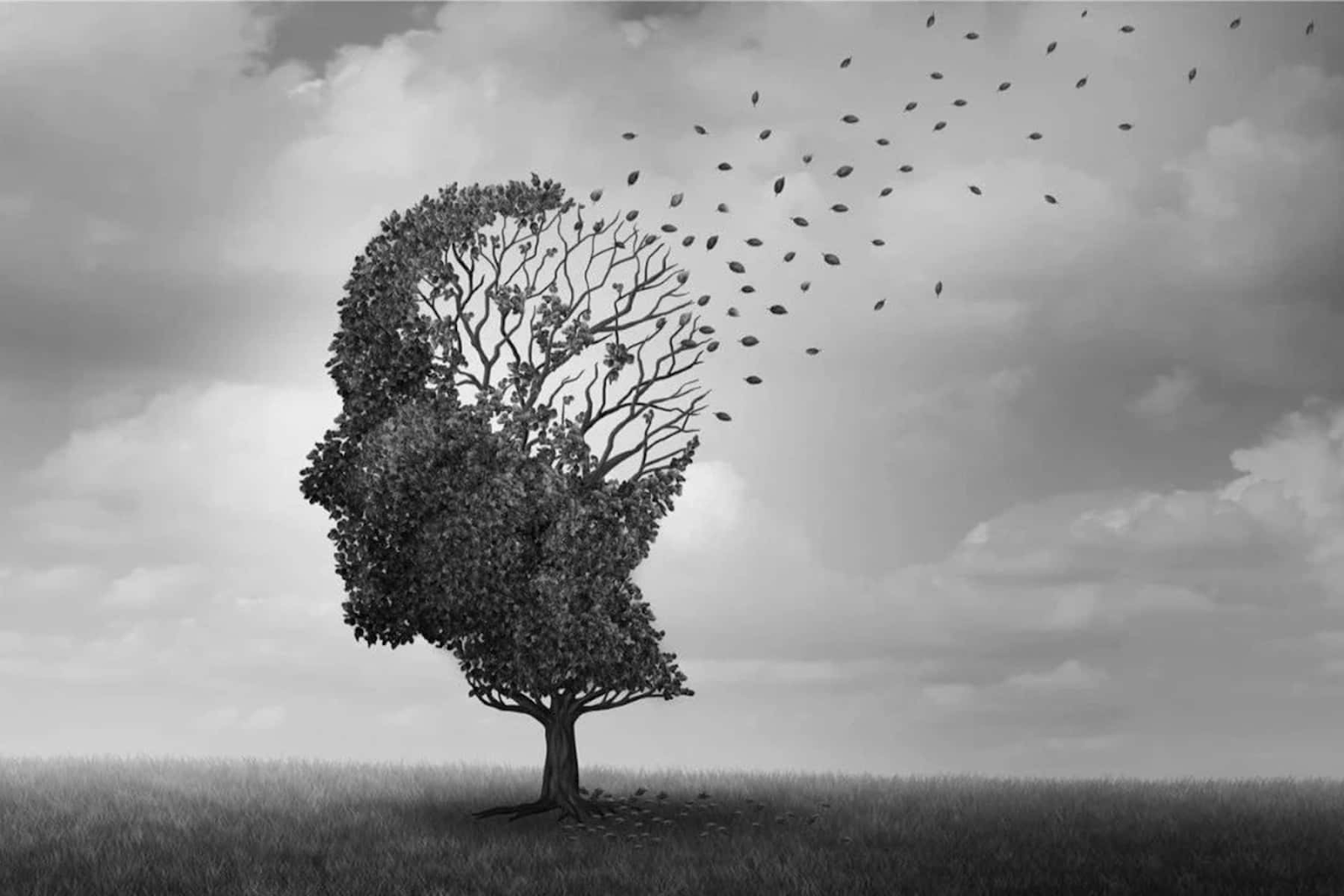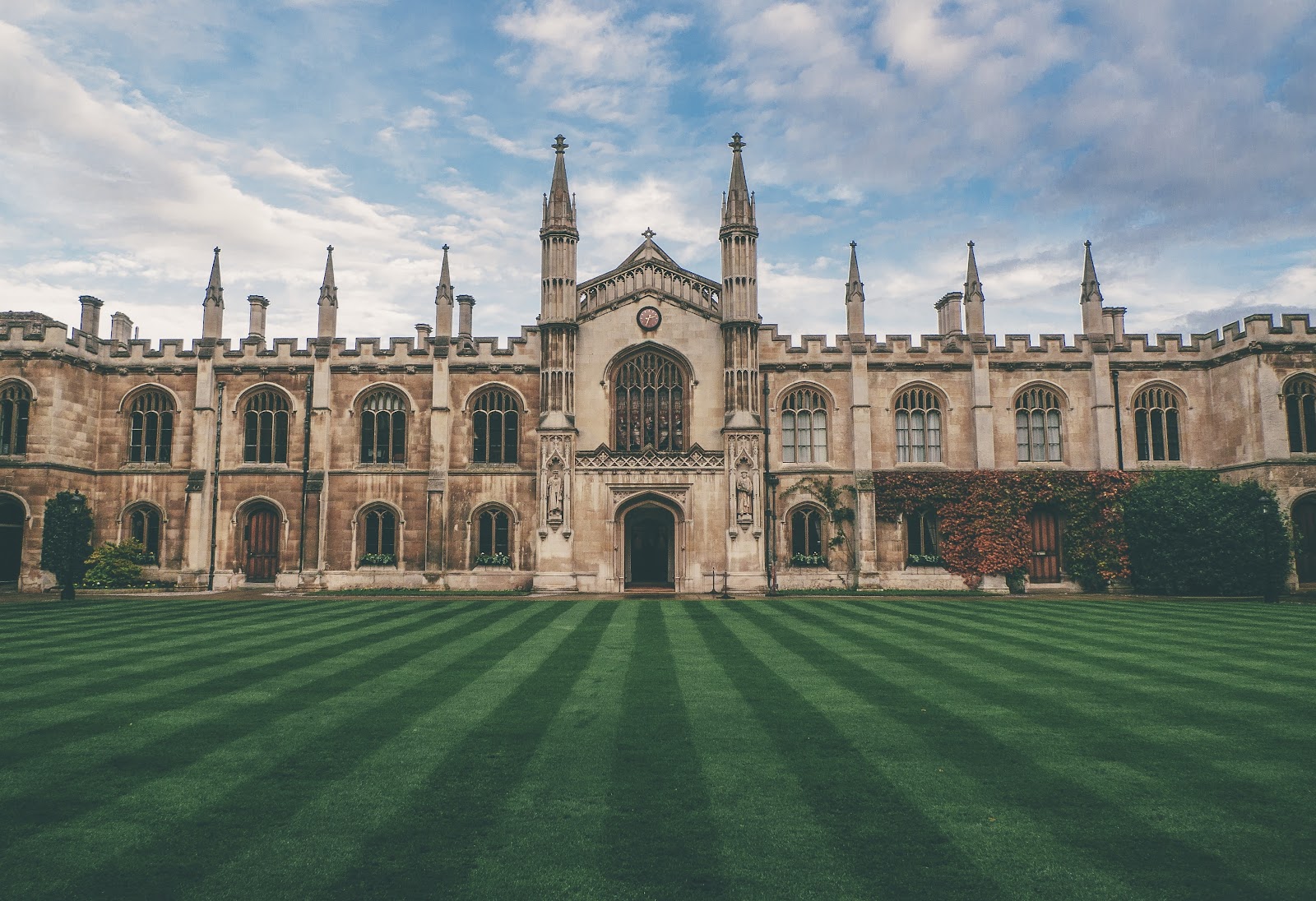Rishi, Week 13: Disparity in Power

Disparity in Power Have you ever heard the phrase: “if we all try, we might make a difference to stop climate change!” This is an example of personal action, like riding a bike to school or becoming vegan by choice. In 2004, British Petroleum (BP), a multinational oil giant, unveiled a new metric to track a “carbon footprint.” Their narrative was that big corporations do not contribute to climate change, but individuals are responsible. You are responsible. By calculating and mitigating your carbon footprint, you can help save the planet. Before that point, “carbon footprint” was virtually unheard of. Still, the PR team at BP thought it would be a great decoy to change peoples’ mindsets from regulating highly destructive corporations to pushing the blame to individuals. This PR campaign was highly effective, and you have probably heard that term many times in your life. Although taking personal action will help battle climate change, the people do not have the power to fix climate chan...










